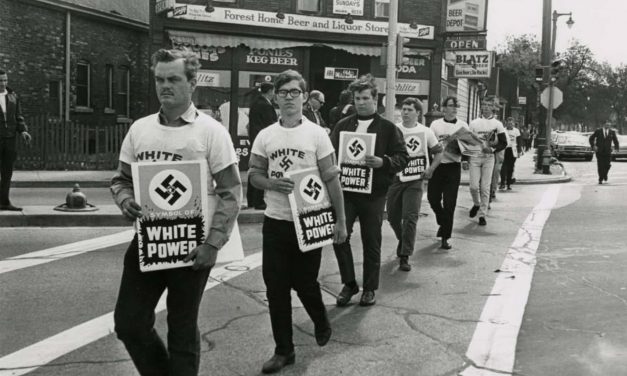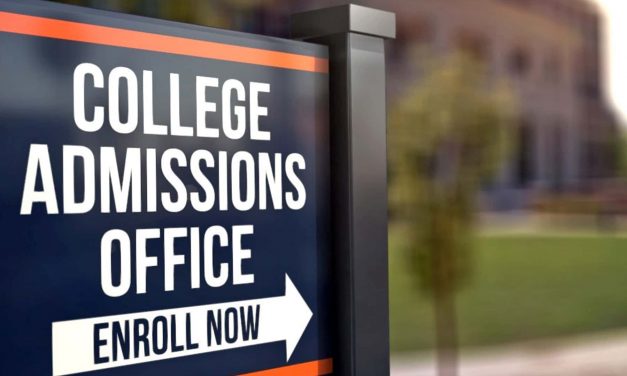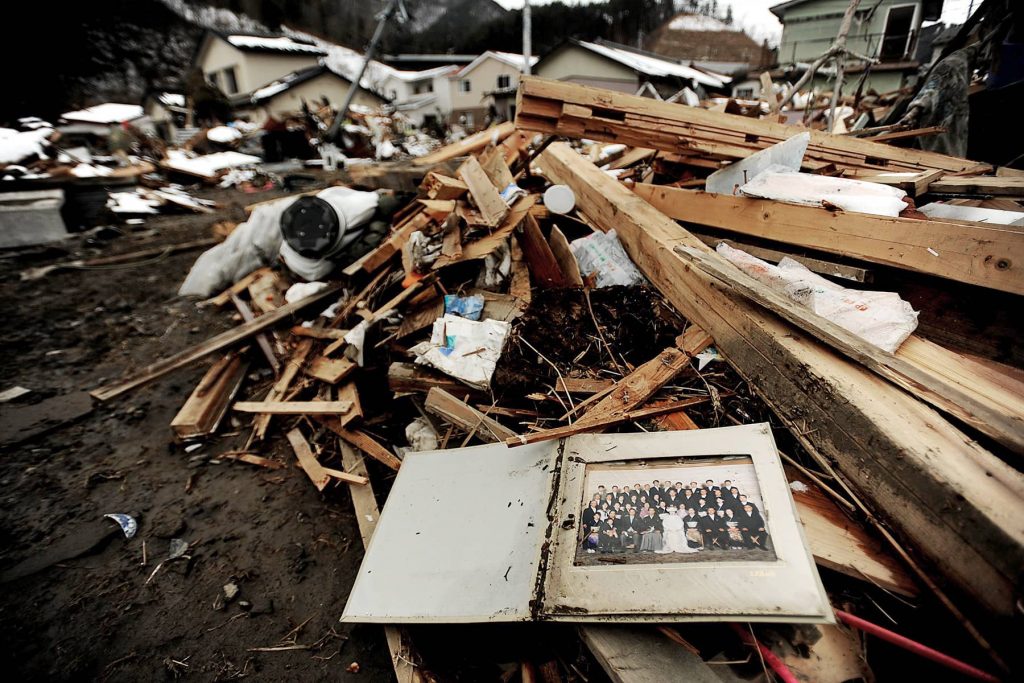Violent Transnationalism: White Supremacy is America’s newest global export
By Art Jipson, Associate Professor of Sociology, University of Dayton The recent massacre of 50 Muslim worshippers at two mosques in Christchurch, New Zealand is the latest confirmation that white supremacy is a danger to democratic societies across the globe. Despite President Donald Trump’s suggestion that white nationalist terrorism is not a major problem, recent data from the United Nations, University of Chicago and other sources show the opposite. As more people embrace a xenophobic and anti-immigrant worldview, it is fueling hostility and violence toward those deemed “outsiders” – whether because of their religion, skin color or national origin....
Read More














